2Internal Medicine, Gastroenterology, Acıbadem International Hospital, Istanbul, Türkiye
3Internal Medicine, Gastroenterology, Maltepe University, Faculty of Medicine, Istanbul, Türkiye
4Internal Medicine, University of Health Sciences, Kartal Dr. Lütfi Kırdar City Hospital, Istanbul, Türkiye
Abstract
Objective: The aim of this study was to demonstrate the efficacy of the anti-tumor necrosis factor agents, adalimumab and infliximab, in patients with Crohn’s disease and ulcerative colitis and to evaluate the efficacy duration and safety of remission maintenance in both diseases.
Methods: This is a case-controlled, cross-sectional study conducted on patients with Crohn’s disease and ulcerative colitis followed up by the gastroenterology outpatient clinic. The clinical information, demographic data, laboratory values, and colonoscopy findings were analyzed prior to initiation and at 12 months after the use of infliximab and adalimumab. With these analyses, Crohn’s Disease Activity Index score for Crohn’s disease and Seo score for ulcerative colitis patients were calculated.
Results: The study included a total of 61 cases, 33 male (54.1%) and 28 female (45.9%) patients, who met the inclusion criteria, with a mean age of 36.44 ± 12.47 years. In this study, 37 (60.7%) Crohn’s disease and 24 (39.3%) ulcerative colitis patients were included, 40 of whom use infliximab and 21 of whom use adalimumab. When the endoscopic scoring, laboratory data, and clinical scores (Crohn’s Disease Activity Index P = .002 in infliximab users, SEO score P = .001; Crohn’s Disease Activity Index P = .001 in adalimumab users, SEO score P = .102] at the start of anti-tumor necrosis factor therapy (month 0) and at month 12 of treatment were compared, infliximab and adalimumab treatments have been shown to be effective in remission.
Conclusion: According to our results, the initiation of anti-tumor necrosis factor therapy seems to be an effective approach when remission cannot be achieved with other conventional treatments in patients with Crohn’s disease and ulcerative colitis.

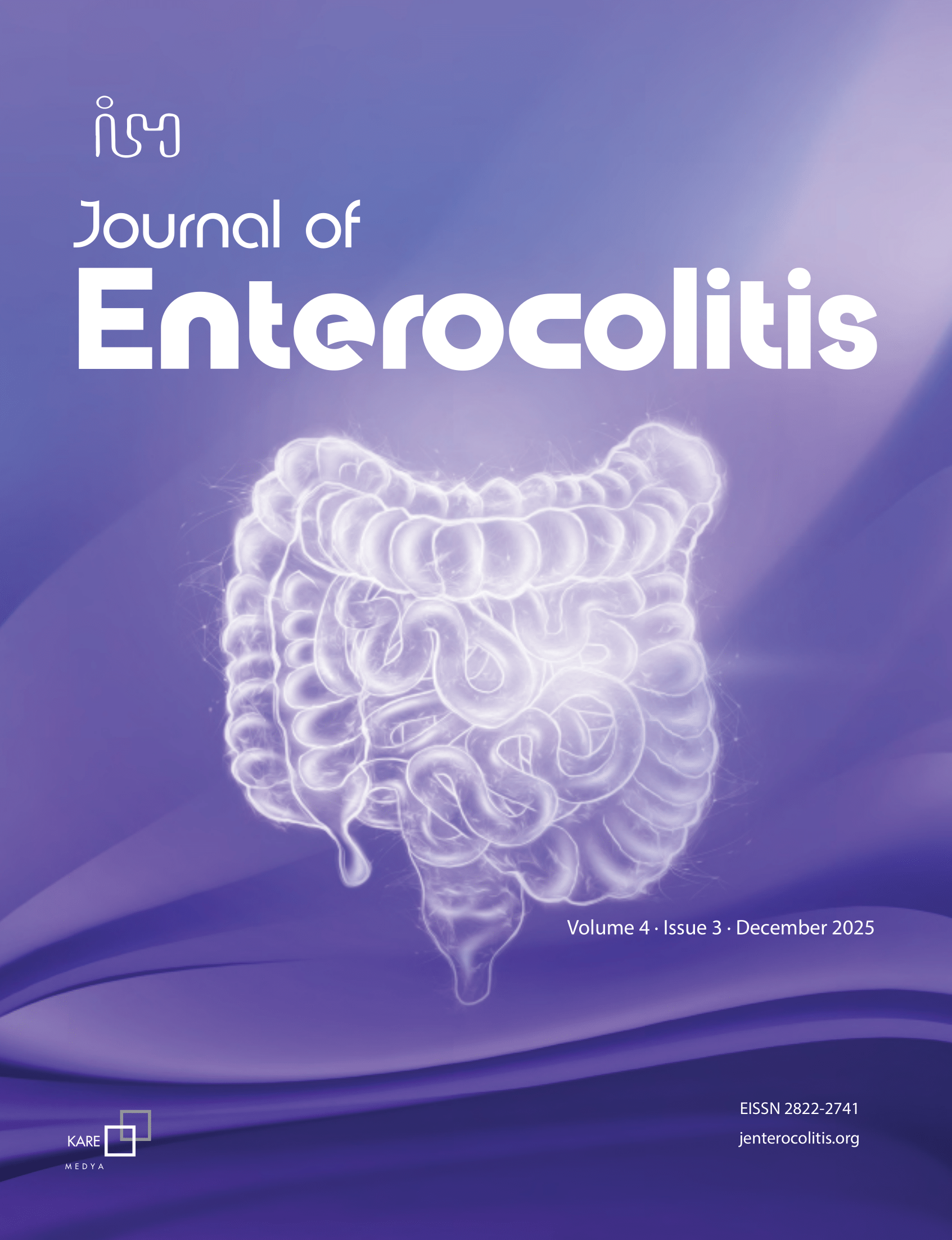
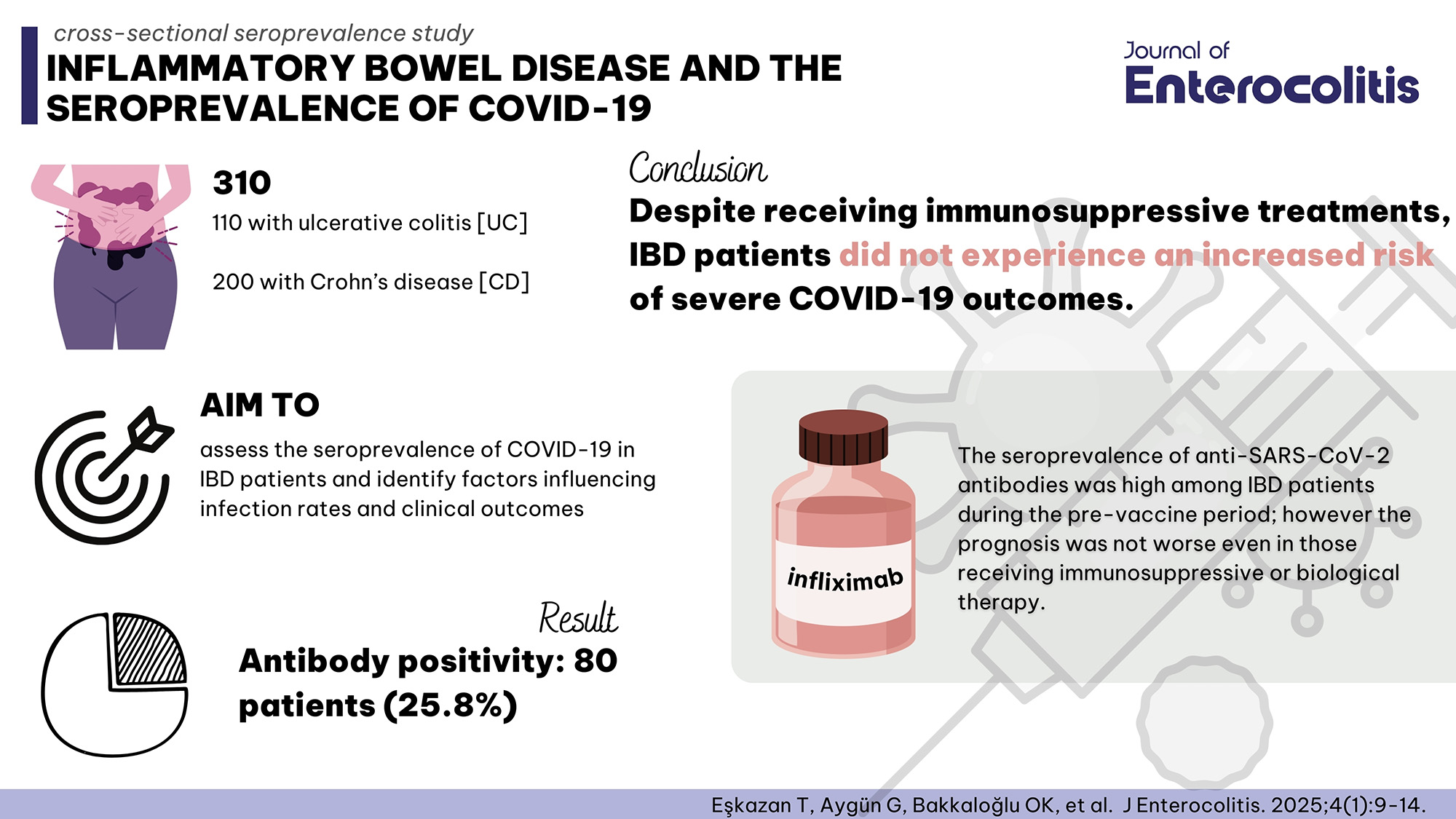
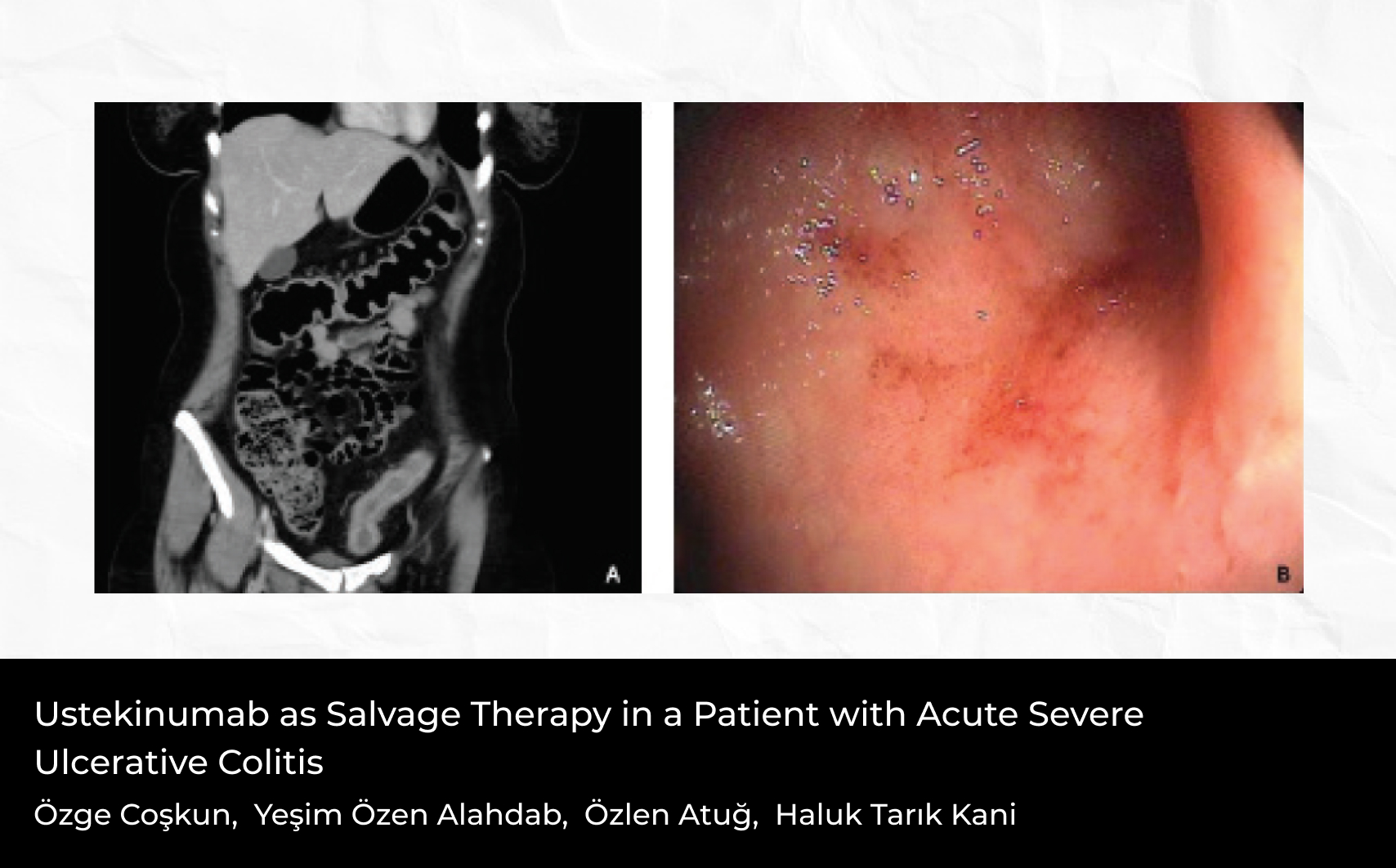
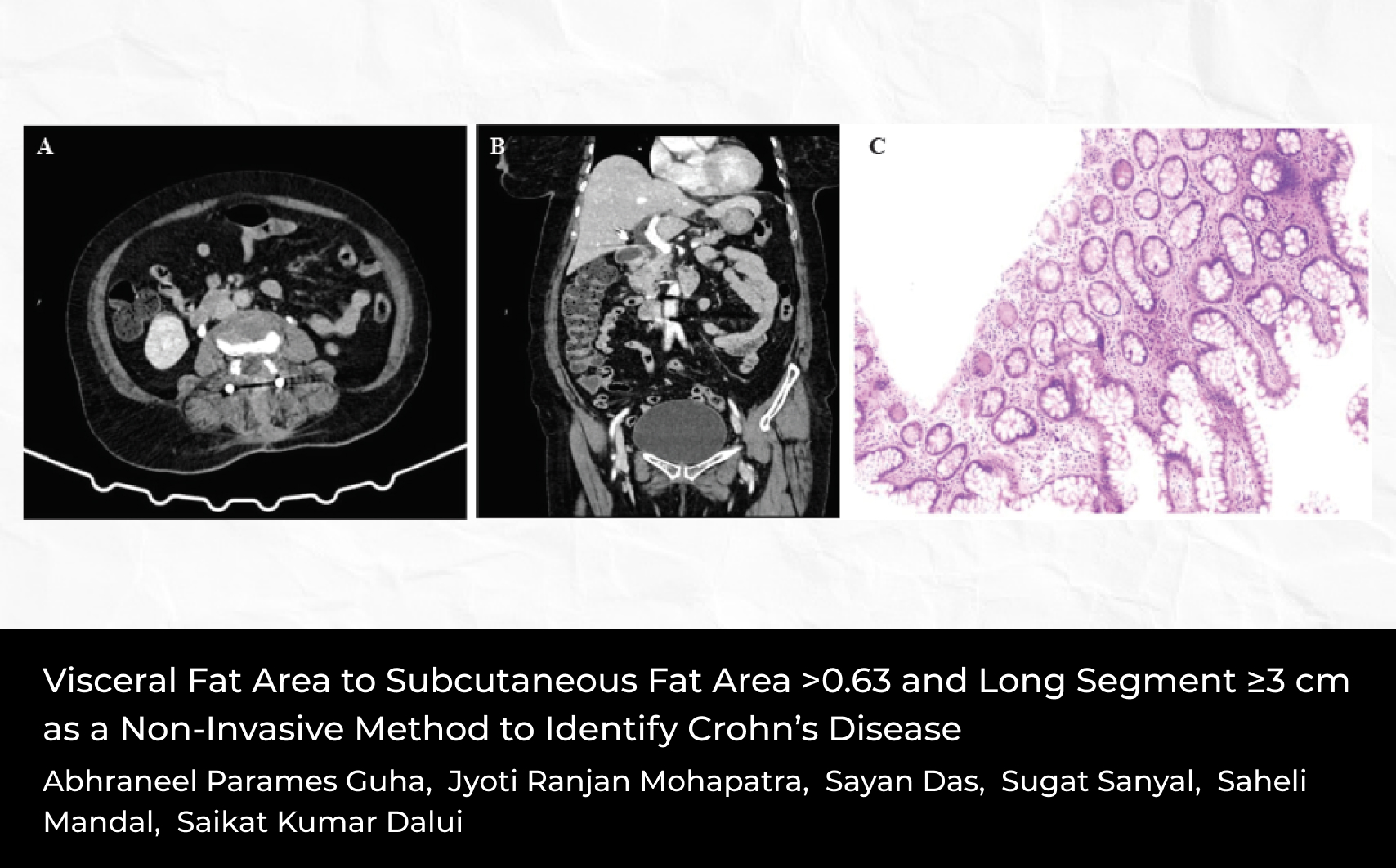
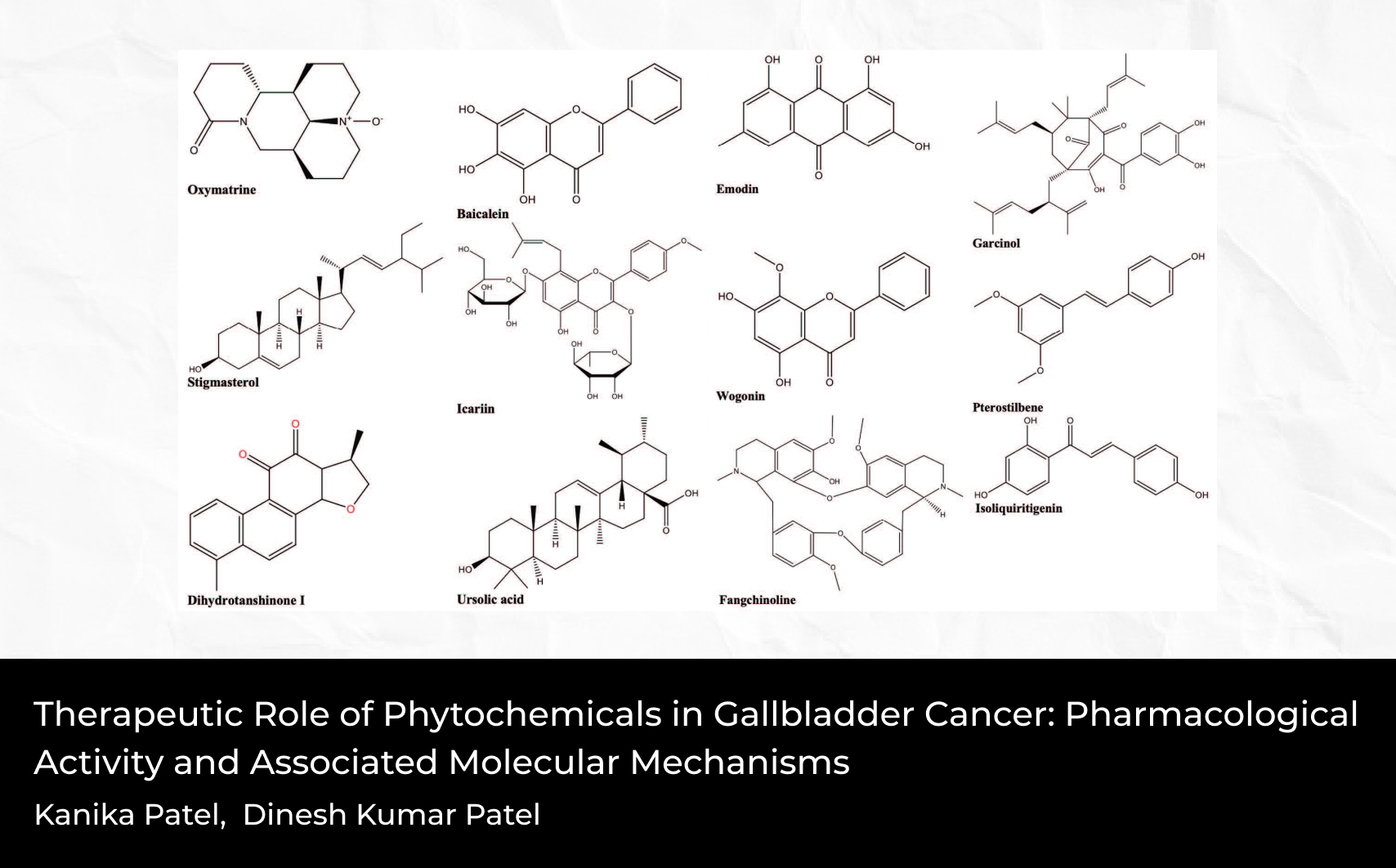
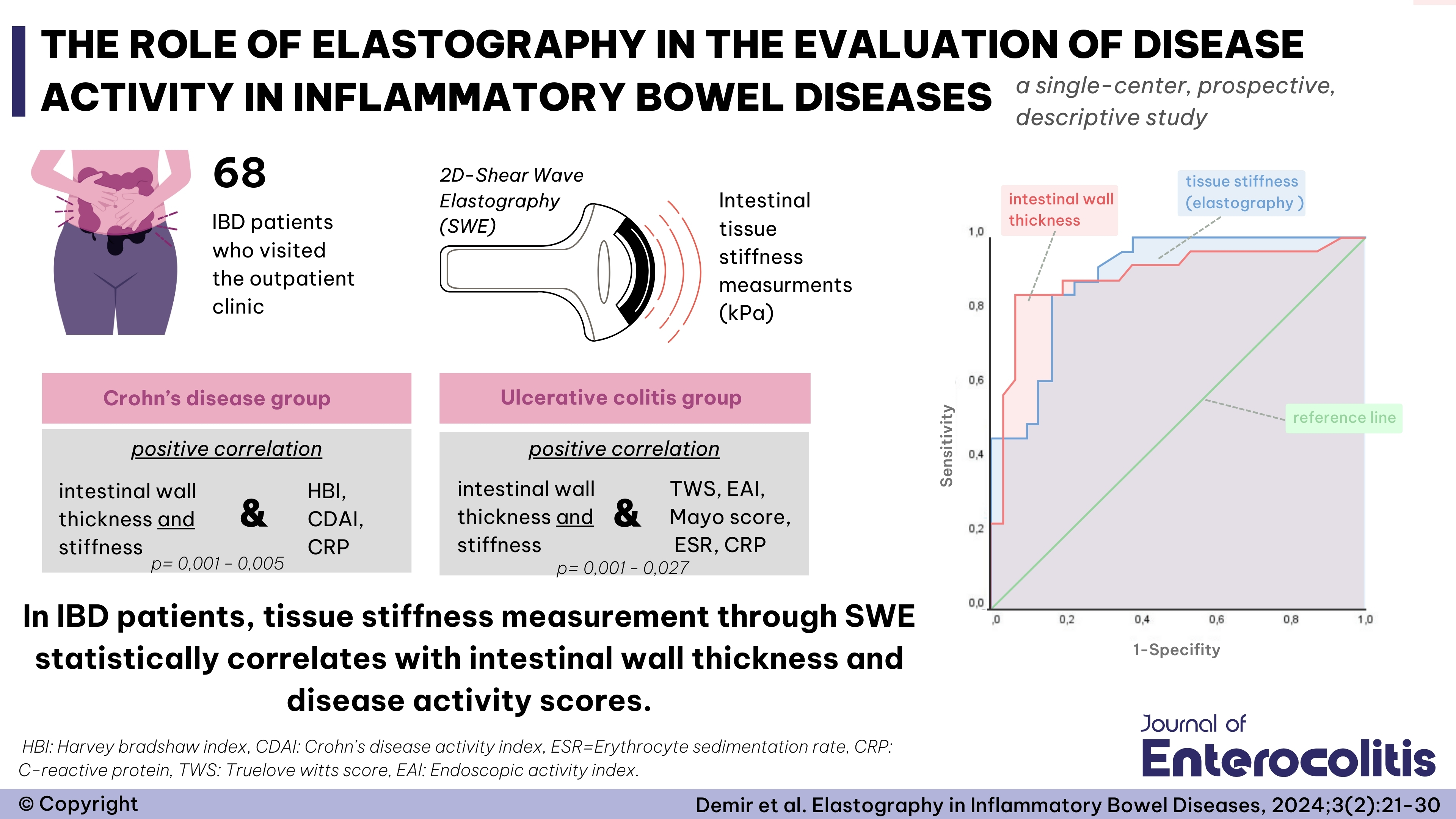
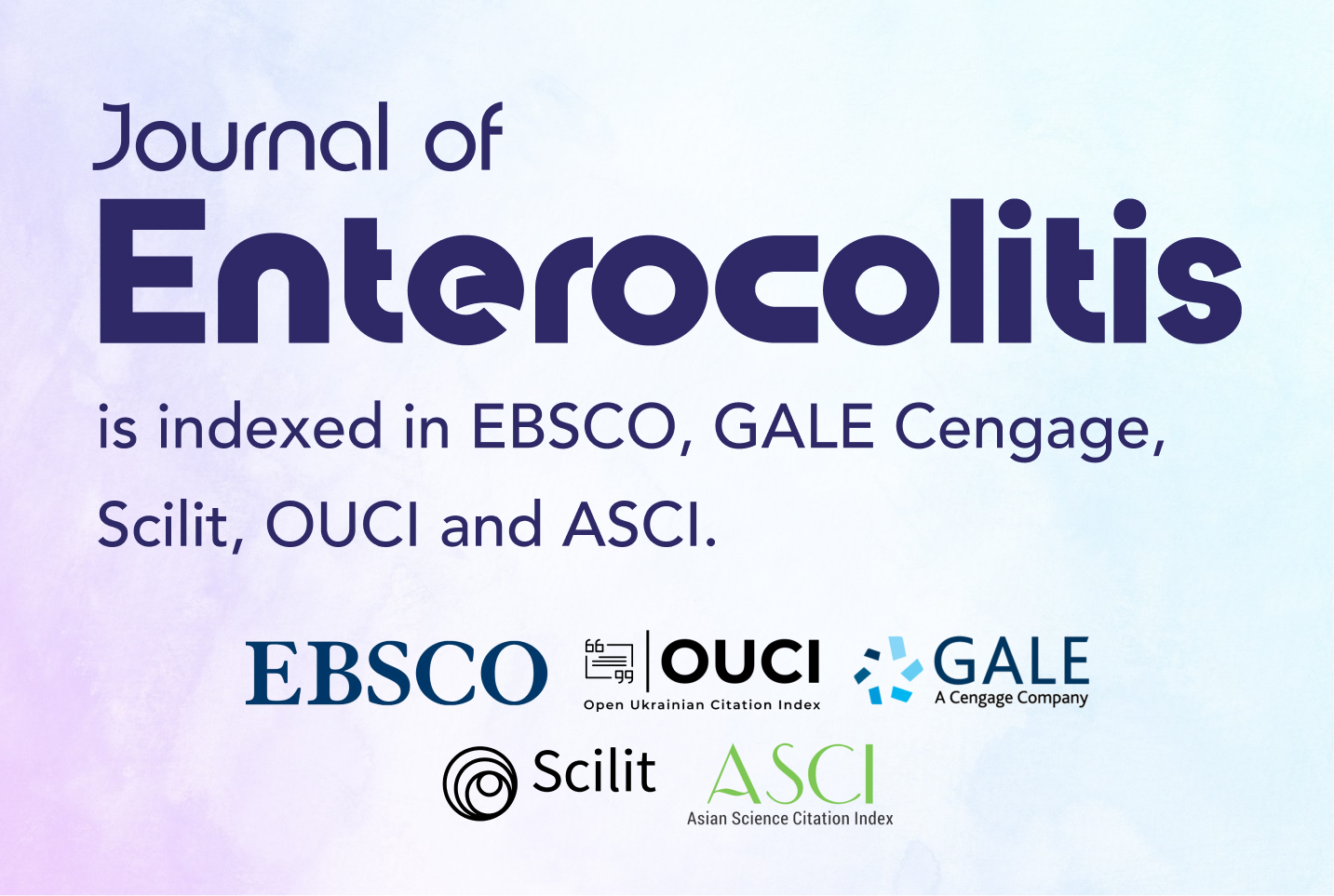
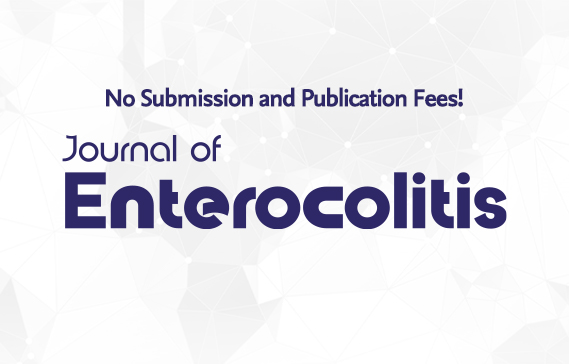
 Esra Bayar1
Esra Bayar1 






